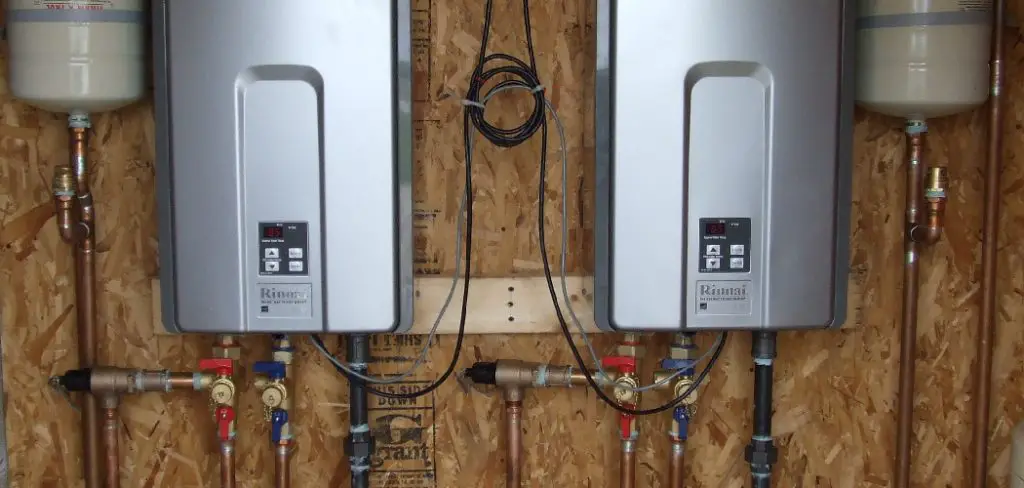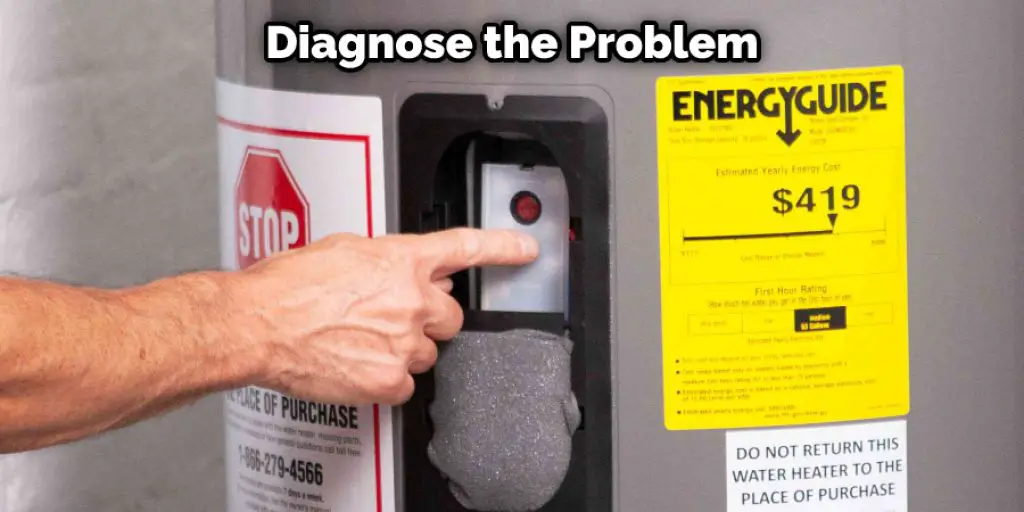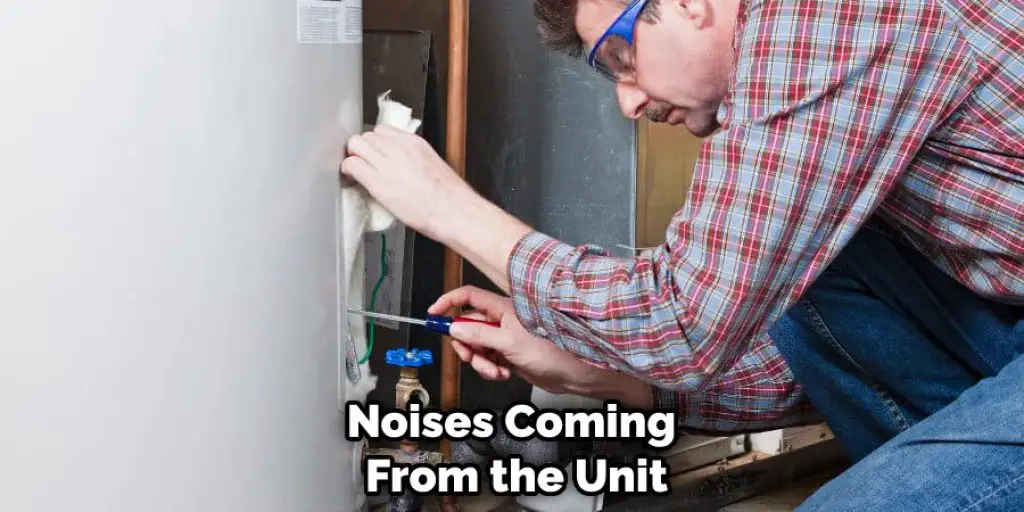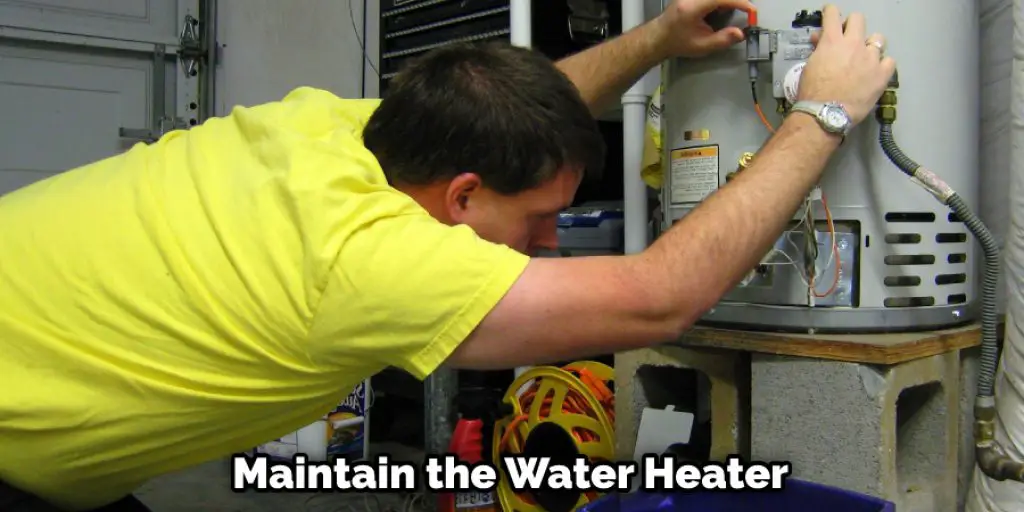How to Get Home Warranty to Replace Water Heater
When your water heater breaks, it can be a huge pain. You have to figure out how to get hot water again, and you might have to deal with a lot of cold showers in the meantime. If a home warranty policy covers your water heater, you don’t have to worry about that. In this article, we’ll discuss how to get home warranty to replace water heater. Here’s how to get your home warranty company to replace your water heater. Keep reading.

Many home warranty policies cover water heaters. If you have a home warranty policy, you may be able to get your home warranty company to replace your water heater. To do this, you’ll need to contact your home warranty company and request that they send a technician to your home to inspect the water heater. The technician will likely determine that the water heater needs to be replaced.
What’s a Home Warranty?
A home warranty is a service contract covering the repair or replacement of major home systems and appliances. Third-party companies usually offer home warranties, and they typically cover items not included in a home insurance policy. Most home warranty plans have a deductible, and the homeowner usually chooses the covered items.
Common items covered by home warranties include HVAC systems, water heaters, plumbing systems, and electrical systems. Some home warranty companies also offer coverage for pools, hot tubs, and other recreational equipment.
While home warranties can be a valuable asset for homeowners, reading the fine print before carefully purchasing a plan is essential. Homeowners should also be aware that some items may not be covered by a home warranty, such as washers and dryers.
A Step by Step Guide on How to Get Home Warranty to Replace Water Heater
Step 1: Determine if You Have a Home Warranty
The first step is to find out if you have a home warranty. Most people who own their homes outright do not have a home warranty, but if you have a mortgage, you do. If you’re unsure, contact your lender and ask them if they required you to purchase a home warranty when you closed on your loan.
Step 2: Gather Documentation
If you have a home warranty, the next step is to gather all of the documentation you will need to make a claim. This includes your home warranty contract and any receipts or other documentation that proves that you purchased the home within the last year.
Step 3: Find Out if Water Heaters Are Covered Under Your Home Warranty
Not all home warranty companies cover water heaters, so it’s essential to find out if yours does before making a claim. You can typically find this information in your home warranty contract or by contacting the customer service department of your home warranty company.

Step 4: Contact Your Home Warranty Company
Once you have determined that your home warranty does cover water heaters, the next step is to contact your home warranty company to begin the claims process. Again, be sure to have all of your documentation on hand when you call, as the customer service representative will likely need to see it to process your claim.
Step 5: Schedule an Appointment for Service
If your claim is approved, the next step is to schedule an appointment for service. The customer service representative will likely be able to do this for you over the phone. Still, if not, they will give you the contact information for the company that provides water heater services under your home warranty.
Step 6: Wait for Service
Once you have scheduled an appointment for service, all you have to do is wait for the technician to arrive. They will diagnose the problem with your water heater and, if it is covered under your home warranty, they will replace it with a new one. In some cases, they may even be able to do it on the spot!
You Can Check It Out to Build a Water Heater Closet

What Are the Signs of a Water Heater Going Bad?
Depending on the problem, the signs of a water heater going bad can be subtle or dramatic. If you notice any of the following issues with your water heater, it may be time to replace it:
Water Leaking
This is usually the most dramatic sign that your water heater is going bad and may need to be replaced. Check for water around the base of the unit and any drips or puddles that might have formed underneath it.
Not Enough Hot Water
If your water heater isn’t providing enough hot water, it may be due to a bad heating element. This problem can usually be repaired, but if the heating elements are excessively corroded, you may need to replace the entire unit.
Strange Noises
One of the most common signs that your water heater is going bad is strange noises coming from the unit. These noises are often caused by sediment build-up on the bottom of the tank. As this sediment heats up, it will begin to make cracking or popping sounds.

Lukewarm Water
If you notice that the water from your tap is only lukewarm, it could signify that your water heater is on its last legs. It’s best to replace it before the problem worsens and you’re left with cold water.
Rusting
Over time, water heaters can develop rust, which will cause the unit to break down and may even lead to leaks. If your home warranty covers water heater replacement, you’ll be able to get a new unit without paying for it yourself.
Water Temperature Fluctuates
If the water heater is no longer providing hot water at the temperature you set it at, or if the water temperature fluctuates, it may be time for a replacement.
Water Quality Issues
If you’re on a municipal water supply, your water heater should last for many years without any problems. However, your water quality may be an issue if you have a well or are on a private water supply. Hard water can shorten the lifespan of your water heater and clog pipes and fixtures. If you think your water quality may be an issue, have it tested and treated if necessary.
If you’re experiencing any of these issues with your water heater, it’s best to call a home warranty company to see if they’ll cover the replacement cost.
What Does the Warranty on a Water Heater Cover?
Water heaters are one of the essential appliances in your home. They provide hot water for showers, dishes, and laundry. Unfortunately, when they break, it can be a major inconvenience.
Most water heater manufacturers offer a warranty on their products. These warranties typically cover defects in materials and workmanship. They may also cover certain repairs, such as the cost of labor to replace a broken part.
However, not all warranties are created equal. Some only cover the tank, while others may cover the parts and labor. It’s essential to read the fine print to know what’s covered before you
If your water heater is still under warranty, you may be able to get the manufacturer to cover the cost of a replacement. However, you will likely have to pay a deductible. The amount of the deductible will depend on the terms of your warranty.
If your water heater is not under warranty, you will have to pay for the replacement yourself. A new water heater can range from $600 to $1,500, depending on the type and size.
To get the best deal on a new water heater, it’s important to compare prices from multiple retailers. You can also check with your local utility company to see if they offer rebates or discounts on energy-efficient models.
What Voids a Water Heater Warranty?
Most water heater manufacturers offer a warranty on their products, but there are a few things that can void that warranty. Here’s what you need to know about water heater warranties and what voids them.
1. Not registering the warranty
One of the most common ways people voids their water heater warranties is by not registering the warranty with the manufacturer. Many manufacturers require that you register your warranty within 30 days of purchase to activate it. So, if you haven’t registered your warranty yet, be sure to do so as soon as possible.
2. Installing the water heater yourself
Another way people void their water heater warranties is by installing the unit themselves instead of using a licensed professional. Most manufacturers require that you have a licensed professional install your water heater to maintain your warranty. So, if you installed your water heater, you may be out of luck if it breaks down.
3. Not maintaining the water heater
Another common way people void their water heater warranties is by not properly maintaining their unit. Most manufacturers require that you flush your water heater at least once per year to remove sediment from the bottom of the tank. This helps to prevent the tank from rusting and extends the unit’s life. If you don’t flush your water heater as recommended, you may void your warranty.

4. Using the wrong type of water heater
If you use a water heater not meant for your home, you may void your warranty. For example, if you have a natural gas water heater and try to use it with propane, you could damage the unit and void your warranty. Be sure to check with your manufacturer to make sure you’re using the correct type of water heater for your home.
5. Making alterations to the water heater
If you make any changes or alterations to your water heater, you could void your warranty. This includes painting the unit, adding new parts, or making other modifications. If you’re not sure whether a change will void your warranty, check with your manufacturer first.
By following these tips, you can help ensure that your water heater warranty stays valid. And if something does go wrong with your unit, you’ll be covered.
Conclusion
As you can see, there are a few simple steps that you can take to get your home warranty company to replace your water heater. The most important thing is to be persistent and keep following up with them until they approve or deny the claim. We hope you have learned how to get home warranty to replace water heater.








